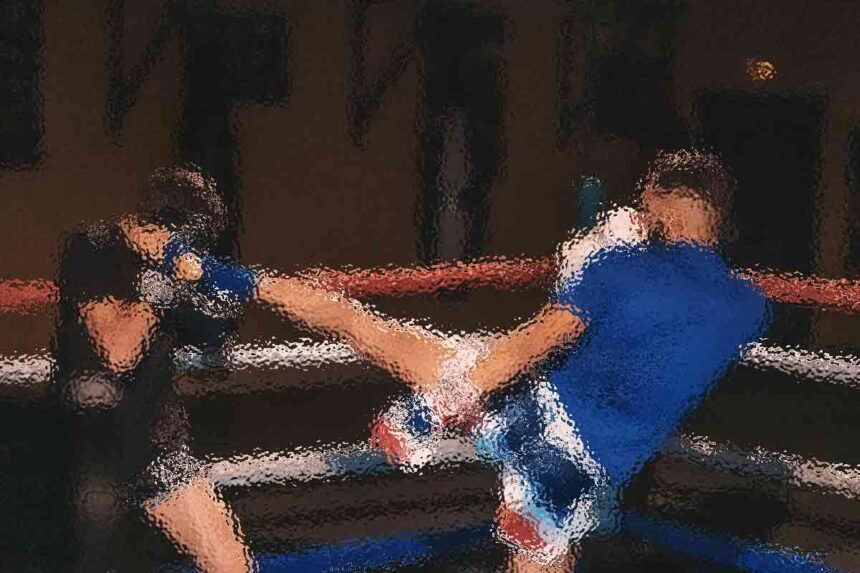Game isn’t for everyone but my punting pulses always get a little pumped for this encounter as it’s traditionally a game where the action is guaranteed with teams releasing the handbrake somewhat.
“I really think a champion is defined not by their wins, but how they can recover when they fall.”
Serena Williams
Most users search for something interesting (or useful) and clickable; as soon as some promising candidates are found, users click. If the new page doesn’t meet users’ expectations, the back button is clicked and the search process is continued.
Are Football Songs the New Folk Music?
Not all websites are made equal. Some websites are simple, logical, and easy to use. Others are a messy hodgepodge of pages and links.

Without website navigation, your visitors can’t figure out how to find your blog, your email signup page, your product listings, pricing, contact information, or help docs.
Quick and easy access to the content they’re after is more important for your website users than a… visually-stunning design.
Website navigation allows visitors to flow from one page to another without frustration. If you’ve done your job well, visitors leave your site with the intention to return and might even buy something from you or sign up for your email list.
Bad navigation is an especially common problem. We’ve all struggled to find things on disorganized websites without any logical structure. It feels hopeless.
Wolves Lead Chase for Wan-Bissaka
In design, rhythm is created by simply repeating in predictable patterns. This repetition is a natural thing that occurs everywhere in our world. As people, we are driven everyday by predictable, timed events.

One of the best ways to use repetition and rhythm in web design is in the site’s navigation menu. A consistent, easy-to-follow pattern—in color, layout, etc. Gives users an intuitive roadmap to everything you want to share on your site.
Rhythm also factors into the layout of content. For example, you “might have” blog articles, press releases, and events each follow their own certain layout pattern.
Champions League Semi-final v Bayern Munich
Nobody enjoys looking at an ugly web page. Garish colors, cluttered images and distracting animation can all turn customers “off” and send them shopping “somewhere else”. Basic composition rules to create more effective:
Australia v South Africa: First Test, Day Two
UX and UI: Two terms that are often used interchangeably, but actually mean very different things. So what exactly is the difference?
“He who is not courageous enough to take risks will accomplish nothing in life.”
Muhammad Ali
UX design refers to the term “user experience design”, while UI stands for “user interface design”. Both elements are crucial to a product and work closely together. But despite their relationship, the roles themselves are quite different.
Tigers Give Borthwick Perfect Send-off With Victory
Good design guides the user by communicating purpose and priority. For that reason, every part of the design should be based on an “informed decision” rather than an arbitrary result of personal taste or the current trend.

Provide distinct styles for interactive elements, such as links and buttons, to make them easy to identify. For example, “change the appearance of links” on mouse hover, “keyboard focus”, and “touch-screen activation”.
Breaking Down the Barriers
Design is not the end all solution to all of the worlds problems — but with the right thinking and application, it can definitely be a good beginning to start tackling them.






